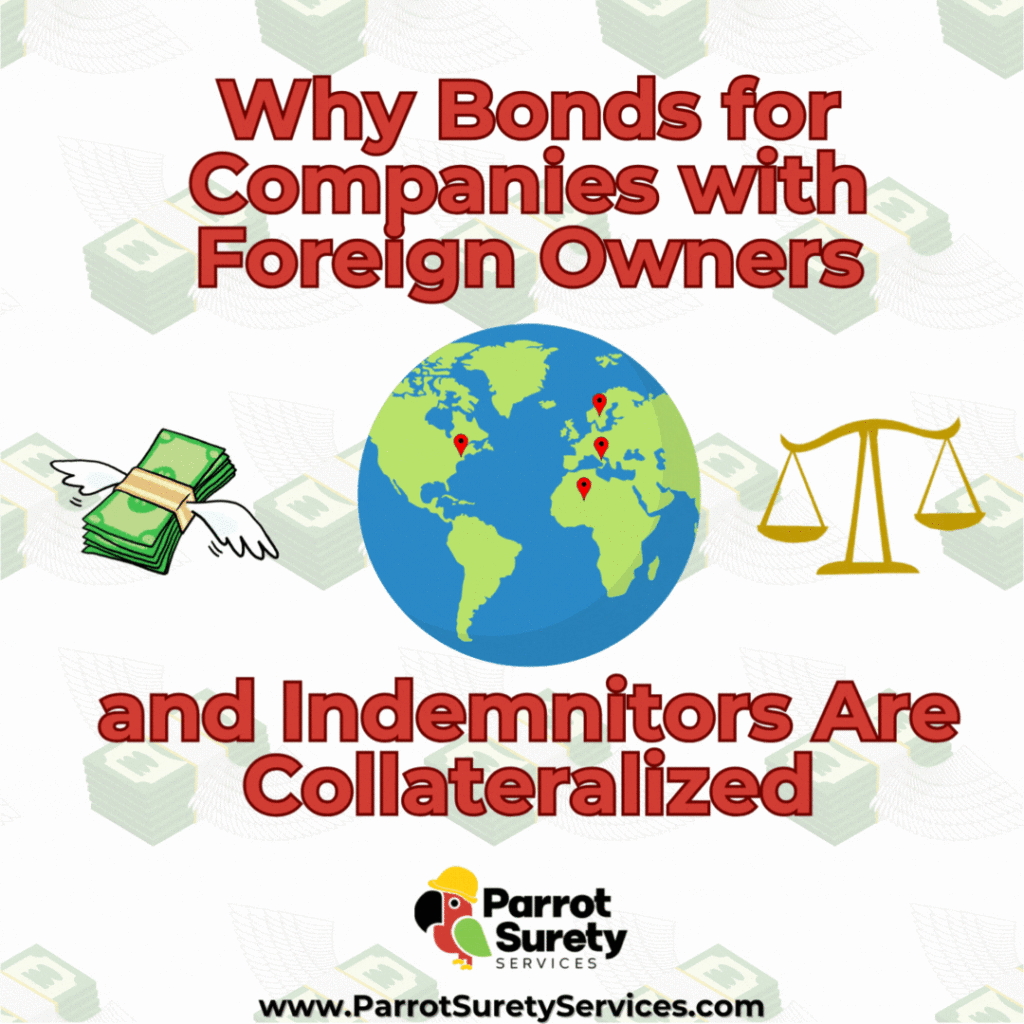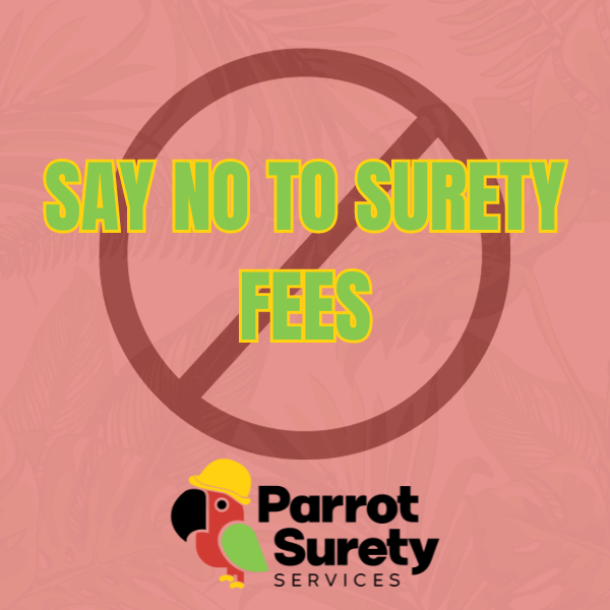Why Bonds for Companies with Foreign Owners and Indemnitors Are Collateralized
Why Bonds for Companies with Foreign Owners and Indemnitors Are Collateralized
| Imagine you’re a foreign company wanting to do a specific type of business in the U.S., and to do so, you need a surety bond. This bond is like a safety net for the owner, promising that you’ll fulfill your end of a deal or contract. If not, the bond ensures the owner gets compensated for any financial loss associated with not upholding your end of the deal. Now, because you’re based outside the U.S., there’s an added layer of complexity. The U.S. and your home country might have very different legal systems. If, for any reason, there’s a need to claim against the bond due to a breach on your part, it can become incredibly challenging for U.S. entities to navigate and enforce judgments in foreign territories. It’s like trying to play a game but with two different sets of rules. This uncertainty can be risky for Surety companies, as they might end up in a position where they must pay out without any clear way to recoup their money from you. To streamline things and reduce this uncertainty, bonding companies often ask foreign businesses (like yours) to fully collateralize their bonds. In simpler terms, they might ask you to set aside the full bond amount (or a significant portion of it) upfront. It’s like leaving a deposit when renting an apartment. This ensures that, even if legal challenges arise due to differences in jurisdiction, the bonding company has a direct way to recover potential losses. It’s a way to build trust and confidence, making sure both sides are protected, and the business deal can move forward smoothly. Our team at Parrot Surety Services is here for all of your surety bond needs and questions. Contact any member of our team for dedicated surety expertise and support! |

| Imagine you’re a foreign company wanting to do a specific type of business in the U.S., and to do so, you need a surety bond. This bond is like a safety net for the owner, promising that you’ll fulfill your end of a deal or contract. If not, the bond ensures the owner gets compensated for any financial loss associated with not upholding your end of the deal. Now, because you’re based outside the U.S., there’s an added layer of complexity. The U.S. and your home country might have very different legal systems. If, for any reason, there’s a need to claim against the bond due to a breach on your part, it can become incredibly challenging for U.S. entities to navigate and enforce judgments in foreign territories. It’s like trying to play a game but with two different sets of rules. This uncertainty can be risky for Surety companies, as they might end up in a position where they must pay out without any clear way to recoup their money from you. To streamline things and reduce this uncertainty, bonding companies often ask foreign businesses (like yours) to fully collateralize their bonds. In simpler terms, they might ask you to set aside the full bond amount (or a significant portion of it) upfront. It’s like leaving a deposit when renting an apartment. This ensures that, even if legal challenges arise due to differences in jurisdiction, the bonding company has a direct way to recover potential losses. It’s a way to build trust and confidence, making sure both sides are protected, and the business deal can move forward smoothly. Our team at Parrot Surety Services is here for all of your surety bond needs and questions. Contact any member of our team for dedicated surety expertise and support! |






